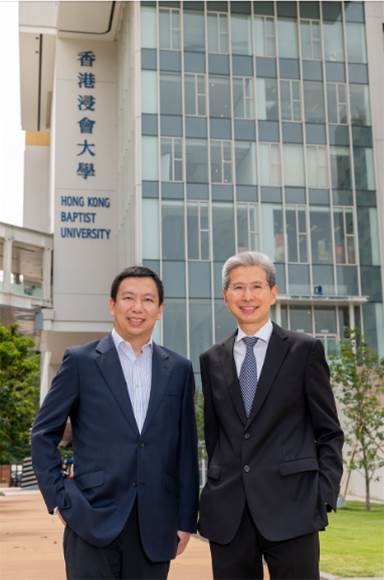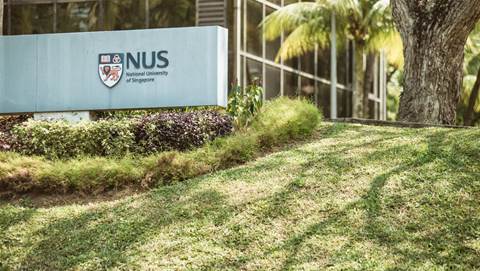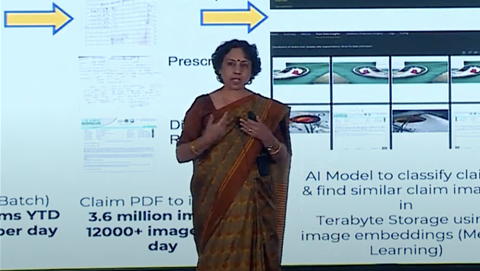Educational institutions are just one of many organisations that host enormous amount of sensitive and personal data of students and staff alike. This means contending with cybersecurity challenges that could result in data breaches and even financial loss.
Moreover, the evolving security damages are worsened by the rise of off-campus networks and public cloud services to support the need for remote working and learning capabilities given the pandemic. For Hong Kong Baptist University (HKBU), these concerns simply highlighted in the urgency for an enhanced security ecosystem.
To ensure the cyber security of the institution, HKBU adopted Cisco’s cloud security ecosystem – making it the first university in Hong Kong to introduce a cloud-based security solution to protect more than 26,000 students and staff.
HKBU ensured that their student and employee data will be protected – be it in their email, internet access, or shared information on common SaaS applications – by implementing a customised Secure Access Service Edge (SASE) architecture that enables zero-trust network access in the university campus.

Ninety-six per cent of HKBU students and staff are now protected against unauthorised access.
Preventing account hijacking and malware attacks
With the SASE architecture, HKBU managed to benefit from:
- Evidence-based identity protection and access control
With the remote learning environment, verifying one’s identity becomes a top priority. The SASE model helps to verify student and staff identities and establishes device trust before granting them access to authorised applications.
Ninety-six per cent of HKBU students and staff have adopted Cisco Duo multi-factor authentication to ensure identity protection against unauthorised access to user accounts. The university achieved a rapid deployment of Duo to 22,000 student registrations within two months, protecting over 50 IT systems, including websites, emails, cloud services and VPN etc.
- Improved email authenticity and protection for students and staff
According to Cisco’s email security management system, 84% of mails sent to HKBU in a day in April 2021 were threat vector and graymail. To circumvent this, HKBU uses their complete email security solutions to protect its students and staff from phishing email and sensitive data leakage.
- Unified threat management
The cloud-delivered Extended Detection and Response (XDR) platform and a cloud-native cloud access security broker components help ensure that HKBU is protected against malware attacks and phishing links – granting the university high visibility of all Internet activity and SaaS application usage.
Additionally, the solutions deliver cost-effective control over sensitive information stored in the cloud preventing account access by malicious apps or SaaS cloud services. According to the Cisco dashboard, Cisco’s cloud integrated security solution successfully blocked thousands of malicious attacks in a day in April 2021 for HKBU.
- Efficient incident response in unified platform
HKBU is using Cisco’s integrated cloud-native security management platform to unify visibility, identify unknown attacks, investigate and remedy threats, and automate workflows.
As organisations undergo digital transformation, incorporating IoT and wireless access increases the range of entry points for cyber-attacks. The integrated security platform offers a holistic view to HKBU, helping simplify and accelerate its security management and operations.
- Cost saving with high flexibility
In order to be able to respond to nonstop changes as needed, HKBU entered into an Enterprise Agreement (EA) with Cisco to simplify license management by using a single agreement with unified terms and conditions.
This allowed HKBU to use the resources saved from the EA collaboration to fulfil other needs within the university. It also provides HKBU flexible options to spread payments over time and improve budget predictability.
“As a result of the pandemic, we have seen considerable changes in (the) new normal, shifting students and staff to learning and working remotely, data security has been ever more critical,” said Allan Wong, Director of Information Technology at the Hong Kong Baptist University.
“We will be able to provide complete protection wherever our students and staff are working, and our IT team will also be able to assess and adjust the security environment quickly and easily through a single platform.”









